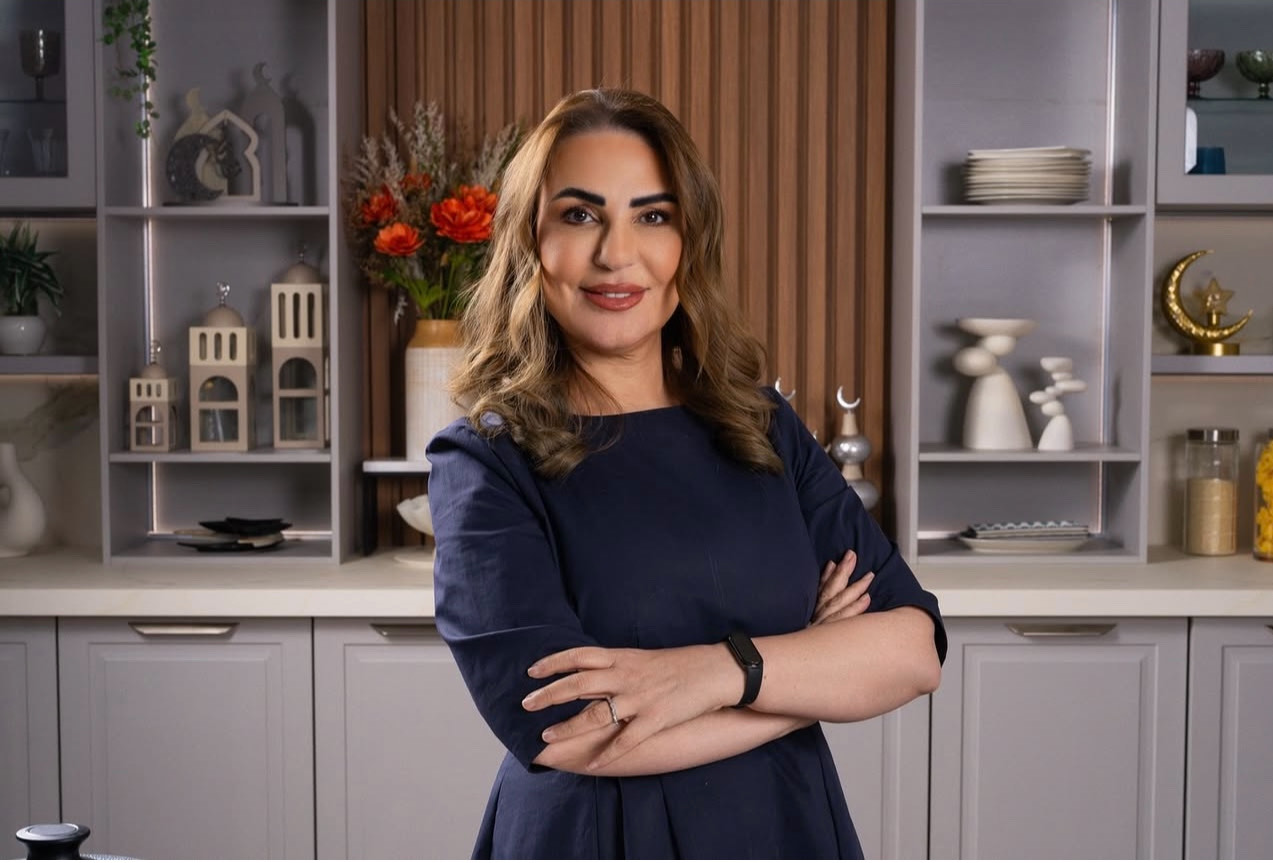
At the heart of Tamam’s Kitchen is more than just flavorful dishes — it’s a story of heritage, love, and a deep connection to food as a form of expression. In this interview, we sit down with the passionate chef behind Tamam’s Kitchen to explore the journey that transformed childhood memories into a culinary career.
What inspired you to become a chef, and how does that story shape your cooking today?
Growing up, the kitchen was always the heart of our home — a place filled with stories, laughter, and the aroma of dishes passed down through generations. What started as curiosity turned into passion, and eventually, a sense of purpose. My mom was the reason I fell in love with cooking. Watching her in the kitchen — the way she moved with ease, how she poured love into every dish — it was like magic to me. She taught me that food is more than just ingredients; it’s a way to care for people, to bring comfort, and to create memories. As a child, I was always by her side — learning, tasting, and slowly finding my own rhythm. That connection we shared through food is what sparked my passion and inspired me to turn it into a career.
What’s one dish that best represents your style—and why?
I definitely have a few dishes that feel like an extension of who I am as a chef. One of my signature dishes blends comfort and creativity, often inspired by my roots and my mom’s home cooking — but elevated with modern techniques and bold flavors. Whether it’s a saffron-infused risotto with a twist or a slow-cooked lamb dish with warm spices, I always try to strike a balance between tradition and innovation.
How would you describe your approach to cooking?
My approach to cooking is rooted in emotion, tradition, and creativity. I cook with feeling first — I want every dish to connect with people, to remind them of something familiar or make them feel something new. I focus a lot on balance: flavor, texture, and presentation all matter, but so does the story behind the dish. I also love using fresh, seasonal, and locally sourced ingredients whenever possible — letting the ingredients speak for themselves.
What advice would you give to aspiring chefs?
Fall in love with the process, not just the end result. The long hours, the mistakes, the pressure — they’re all part of what shapes you. Stay curious, stay humble, and never stop learning — whether it’s from a head chef or a dishwasher, there’s always something to pick up from everyone in the kitchen. And don’t be afraid to develop your own voice. Learn the basics, master the classics — but let your own story come through in your cooking. And most importantly, cook with heart — people will always remember how your food made them feel.




